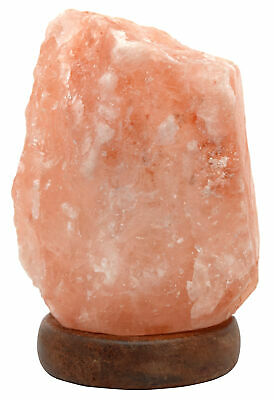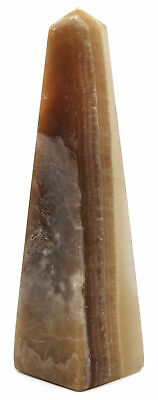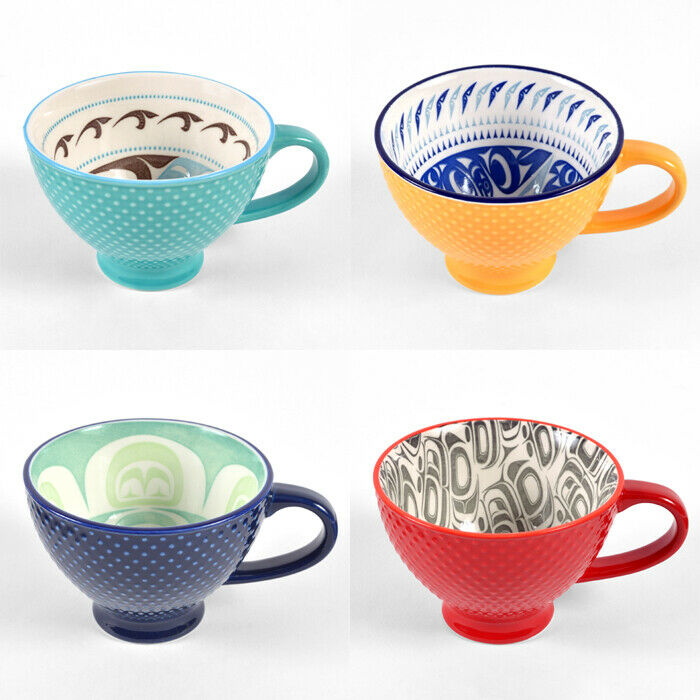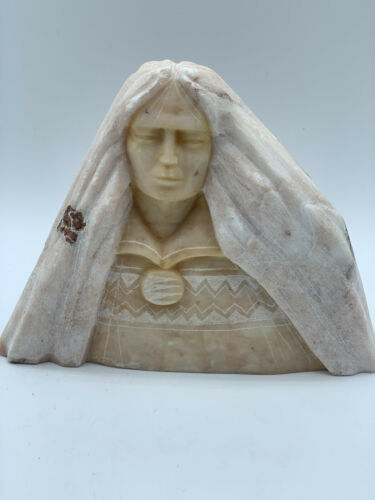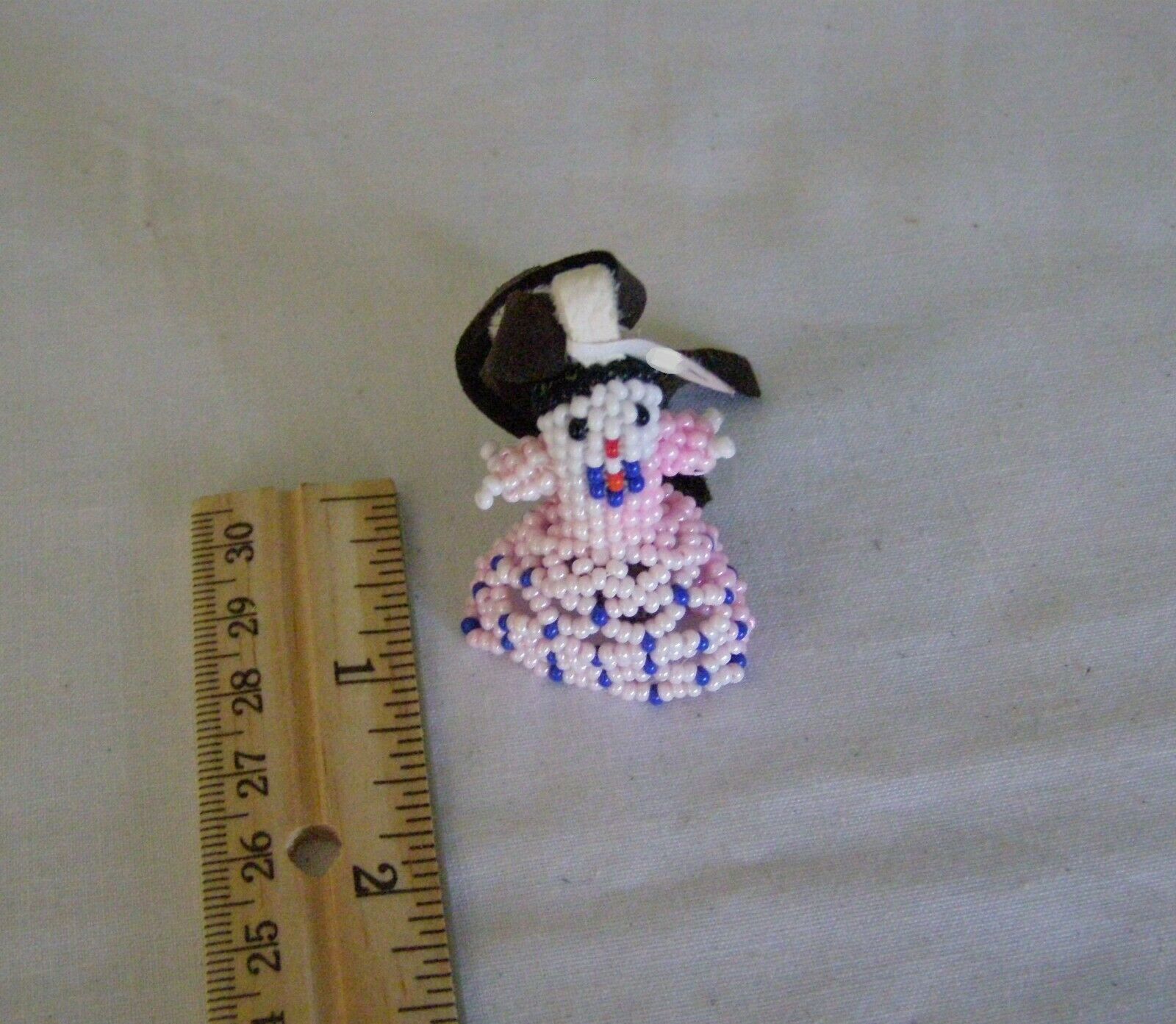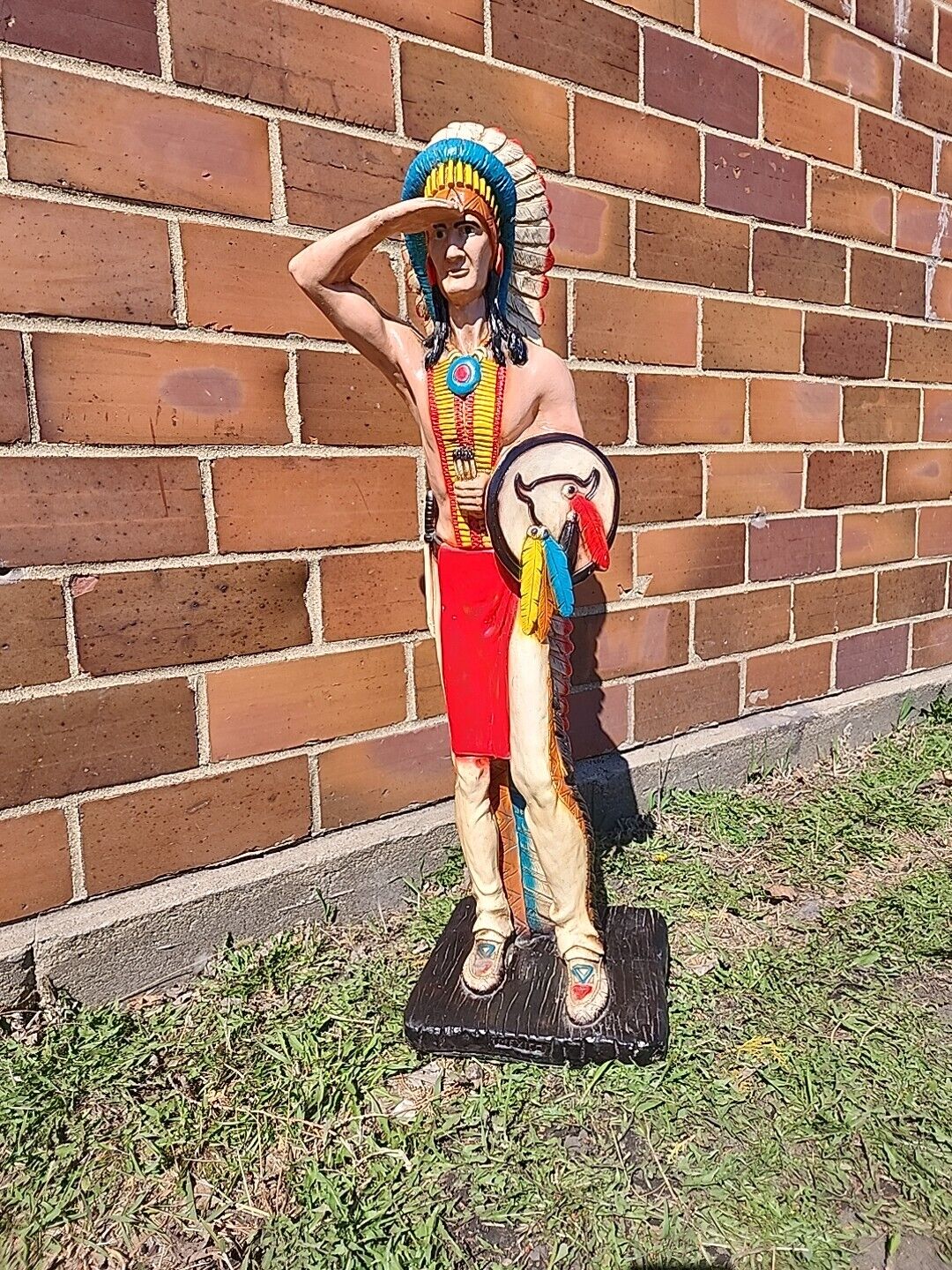-40%
■HTF■ Signed JULIUS BEGAY @ 87 DINEH Cast Iron Native American NAVAJO SCULPTURE
$ 118.8
- Description
- Size Guide
Description
Up for sale is thisRARE Hard-To-Find Signed JULIUS BEGAY Solid Cast Iron Native American Navajo SCULPTURE 'Dineh', made in 1987.
■ CONDITION:
For haling from 1987 this COLLECTIBLE NATIVE AMERICAN ART SCULPTURE is in EXTREMELY GREAT SHAPE!
No noticable flaws at all. Ready for your use or makes a nice gift! Smoke-free home.
■ DESCRIPTION: THIS UNIQUE BUST SCULPTURE OF AN OLDER INDIAN MAN AND HIS WOMAN DEPICS TWO NAVAHO INDIANS AND THEIR ATTIRE. BOTH ARE WEARING SHIRTS WITH LARGE COLLARS, AND INDIAN JEWELRY. SHE IS WEARING LARGE EARRINGS AND HE HAS A BAND AROUND HIS HEAD, TIED ON THE SIDE. BOTH HAVE THEIR HAIR PARTED IN THE MIDDLE AND TIED IN THE BACK. THEIR FACES SHOW THEY HAVE SEEN SOME ROUGH YEARS. THE HUES OF BRONZE ARE QUITE STRIKING!
SIGNED BY ARTIST "JULIUS BEGAY @ 87." MADE FROM SOLID CAST IRON, NATIVE AMERICAN NAVAJO SCULPTURE ENTITLED "DINEH."
■
SIZE: Exactly 8¼" high x 10" wide x 4½" deep. It is HEAVY -- weighing in at exactly 7 lbs!
Thin felt has been added to bottom to protect furniture.
■ FREE SHIPPING: IT WILL BE CAREFULLY PACKAGED WITH LOTS OF BUBBLEWRAP AS TO ARRIVE SAFELY TO YOU.
■
WHAT DOES 'DINEH' MEAN?
(Copied from The New York Times Archives,
December, 17 1993, Sect A, Page 26):
"The Navajo Nation, the largest Indian tribe in the United States, is considering a proposal to go back to its original name, Dine, which means 'the people.'
Opponents say a change would cost taxpayers the expense of changing legal documents, stationery, flags, the tribal seal and maps and express concern about the confusion a name would cause after 300 years of using 'Navajo.' Those who support the name change say Navajo was a name outsiders gave the tribe. 'There is pride in Navajo Nation, but this is a subject that is in our hearts, our spirit,' said Duane Beyal, assistant to Peterson Zah, the Navajo Tribal President. 'Whether we use the name outsiders gave us or the name the Great Spirit gave us.' Dine (pronounced din-EH) is an Athapascan word for man, but has been translated as 'the people' by the Navajos, who routinely use it to refer to themselves and their language."












